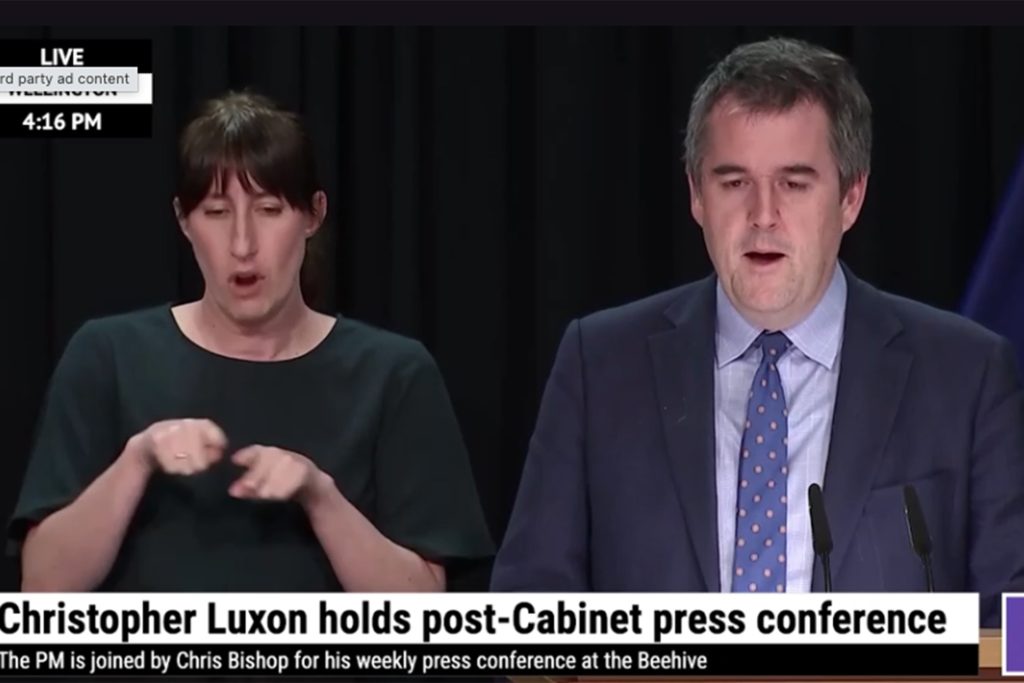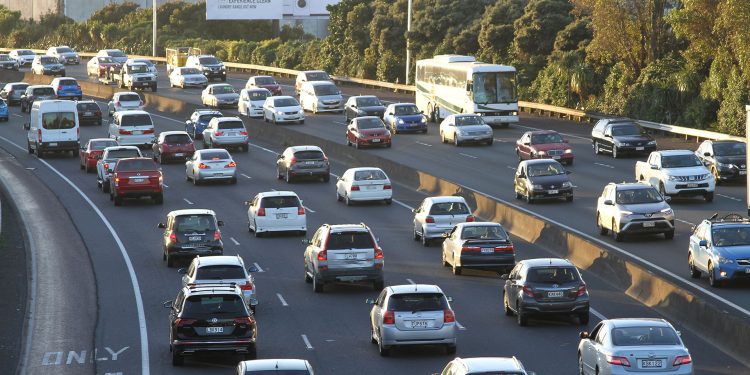Government slashes Clean Vehicle Standard fees
The Government is moving to drastically reduce Clean Vehicle Standard (CVS) charges for importers, a shift Transport Minister Chris Bishop says is necessary to prevent steep vehicle price hikes for New Zealand buyers.
The amendment—expected to pass through Parliament this week—will take effect on 1 January 2026 and slash fees by nearly 80 percent. For new vehicles, charges will fall from a maximum of $67.50 to $15 per gram of CO₂, while used imports drop from $33.75 to $7.50. The reductions apply across 2026 and 2027.
Bishop says the move is designed to ease pressure on importers and shield Kiwi buyers from price shocks. “At a time when Kiwis are still feeling the pinch, the last thing they need is the cost of cars going up by hundreds, or even thousands, of dollars – but unless the Government acts urgently to fix the Clean Car Standard, that’s exactly what could happen,” he says.

A system no longer matching market reality
The Clean Vehicle Standard, introduced in 2023, was intended to push buyers toward cleaner vehicles by requiring importers to meet annual CO₂ targets. But supply dynamics have shifted. According to Bishop, the used market is struggling to source low-emissions stock, while demand for new EVs has softened.
“Most importers are now unable to meet the passenger-vehicle targets. In fact, right now, 86 per cent of importers are facing a net charge rather than net savings from credits,” he says. Bishop adds the scheme is now so out of step with the market that even some hybrid models are incurring charges.
Big savings on mainstream models
While the cuts are aimed at stabilising prices, the immediate effect is that higher-emission vehicles stand to benefit most.
A Ford Ranger XLT Double Cab could see maximum potential savings of $315, and a Toyota Hilux SR5 Cruiser up to $1050. Larger SUVs show even bigger reductions, with a Ford Everest Platinum 3.0D presenting maximum savings of $6825. Even a smaller petrol crossover like the Mitsubishi ASX LS 2.0P could save up to $4725.

“Depending on how much of the charge the importer can offset and how they price their vehicles, Kiwis could avoid thousands on the price of their vehicle,” Bishop says.
The Government estimates the changes will prevent $264 million in net charges that otherwise may have flowed through to consumers.
Credits protected and full review incoming
Alongside the interim fee cuts, the Government will ensure existing credits are safeguarded and will not expire before 31 December 2028. A comprehensive review of the Clean Vehicle Standard has also been commissioned, with recommendations due to Cabinet by June 2026.
“Clearly, the Clean Vehicle Standard isn’t working in its current form. These practical steps will keep pressure off car buyers while the wider Standard is reviewed,” Bishop says.
The amendments will be delivered through an update to the Land Transport (Clean Vehicle Standard) Amendment Bill (No 2), which was recently reported back from Select Committee.





